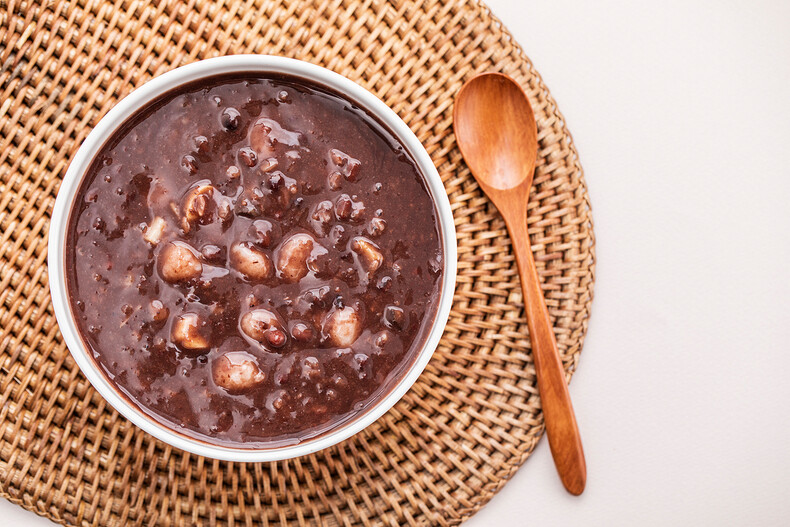
Dongji (동지), or the winter solstice, is a significant traditional holiday in Korea. It marks the shortest day and longest night of the year, and has been celebrated for centuries as a time to welcome the return of the sun and longer days.
The Significance of Dongji
In Korean culture, Dongji holds a special place, symbolizing renewal, hope, and the promise of a new beginning. The day is believed to be a turning point, marking the start of the cycle towards longer days and warmer weather.
Dongji Traditions
Eating Red Bean Porridge: One of the most well-known Dongji customs is eating patjuk, a red bean porridge. Red beans are believed to ward off evil spirits, and the sweet and warm porridge symbolizes good luck and health.
Family Gatherings: Families come together to share a meal, often including patjuk and other traditional dishes. This time together is seen as an opportunity to strengthen family bonds and express gratitude.
Rituals and Customs: Various regional customs and rituals are associated with Dongji. Some people visit ancestral graves, while others participate in traditional folk games.
Dongji in Modern Korea
While many traditional customs have evolved over time, the spirit of Dongji remains strong. In modern Korea, people continue to celebrate Dongji by gathering with family and friends, enjoying traditional foods, and participating in cultural activities.
Dongji and Its Global Significance
As interest in Korean culture grows worldwide, so too does awareness of Dongji. It offers a glimpse into Korea's rich history and traditions, and serves as a reminder of the importance of community, family, and the cyclical nature of life.
[Copyright (c) Global Economic Times. All Rights Reserved.]






























